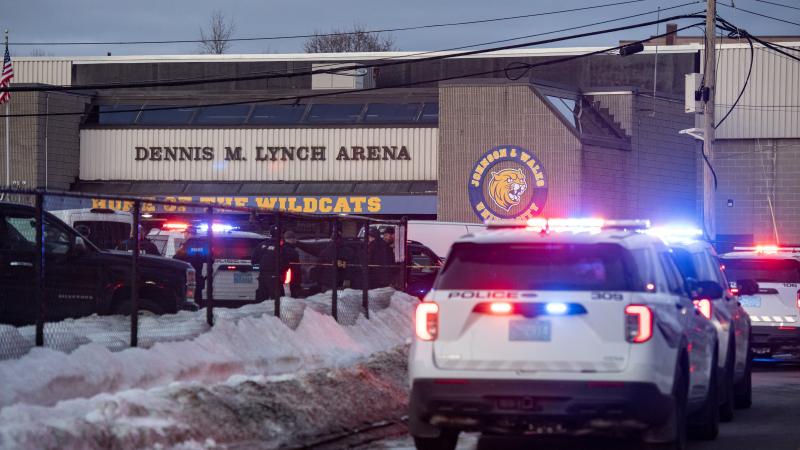Delaware gun control law faces legal challenge
The Democratic-led proposal, signed by Carney on Thursday, will require Delaware residents to obtain a permit to purchase a handgun after undergoing fingerprinting and a background check and completing an approved firearm training course.
(The Center Square) — Delaware gun owners will be required to get a firearm permit under a bill signed into law by Gov. John Carney that immediately drew a lawsuit from gun rights groups.
The Democratic-led proposal, signed by Carney on Thursday, will require Delaware residents to obtain a permit to purchase a handgun after undergoing fingerprinting and a background check and completing an approved firearm training course.
Backers of the plan argue that it would reduce gun violence, suicides and homicides and crack down on illegal "straw purchases" of handguns on behalf of those prohibited by law from possessing them.
"We have banned assault weapons, bump stocks, and high-capacity magazines. We’ve passed red flag laws and prevented straw purchases," Carney said in remarks on Thursday. "And signing this piece of legislation is another important step forward to help keep our communities safe."
Shortly after Carney signed the legislation, a coalition of Second Amendment groups filed a lawsuit on behalf of five plaintiffs challenging the new law's constitutionality.
The lawsuit, backed by the Delaware State Sportsmen's Association Inc. and Bridgeville Rifle and Pistol Club, argues that the fundamental civil rights of lawful gun owners in the First State are "being trampled on by overbearing legislation that defies controlling legal authority."
Under the proposal, anyone who wants to purchase a handgun must complete a firearms training course and submit to a background check — including fingerprinting — by the state Bureau of Identification. If approved, a handgun permit would be valid for two years and could be revoked if the state agency determines the person is a risk to themselves or others.
Those with valid concealed carry permits and qualified law enforcement officers would not be required to obtain or present a handgun purchase permit.
The bill comes with a price tag for the state's taxpayers. A legislative analysis of the proposal estimated that the permitting system would cost the state $3 million in the first year to implement the system, and another $7.8 million annually. That includes the cost of a proposed voucher program to defray training and permitting costs for low-income residents.
The gun control group Brady United Against Gun Violence praised Carney for signing the bill, saying it will "increase the efficacy" of federal background checks "by mandating that prospective firearm purchasers also verify their identity with a state agency."
"These systems are proven to reduce firearm homicide rates, prevent firearms trafficking, and put space and time between individuals considering self-harm and firearms," Brady president Kris Brown said in a statement.
But the National Rifle Association urged Carney and lawmakers not to approve the proposal, saying the Maryland-style "handgun qualified purchase card" and a handgun transfer registry would create a "perpetual cycle of costs and delays" to purchase a firearm in the state.
Republican lawmakers also opposed the bill, arguing the regulations violate the Second Amendment right to keep and bear arms and would ultimately be overturned by court challenges.
In November, the U.S. Court of Appeals for the 4th Circuit in Virginia overturned Maryland's 11-year-old permit law, ruling that the handgun licensing statute — which also required fingerprinting and firearms training — violated the Second Amendment.
However, Delaware's Attorney General Kathy Jennings, a Democrat, has expressed confidence that the state's gun-permitting proposal will survive any constitutional legal challenge.












